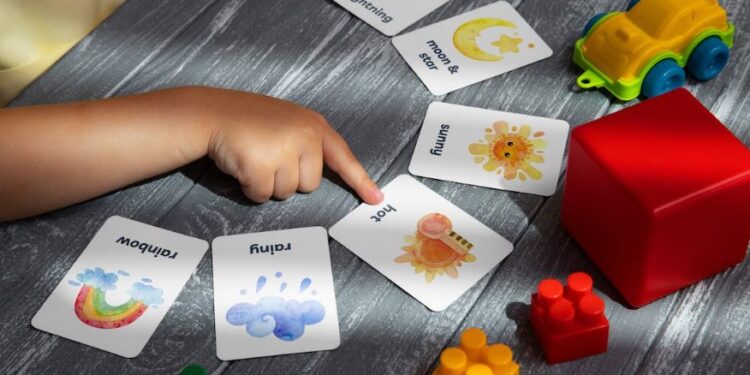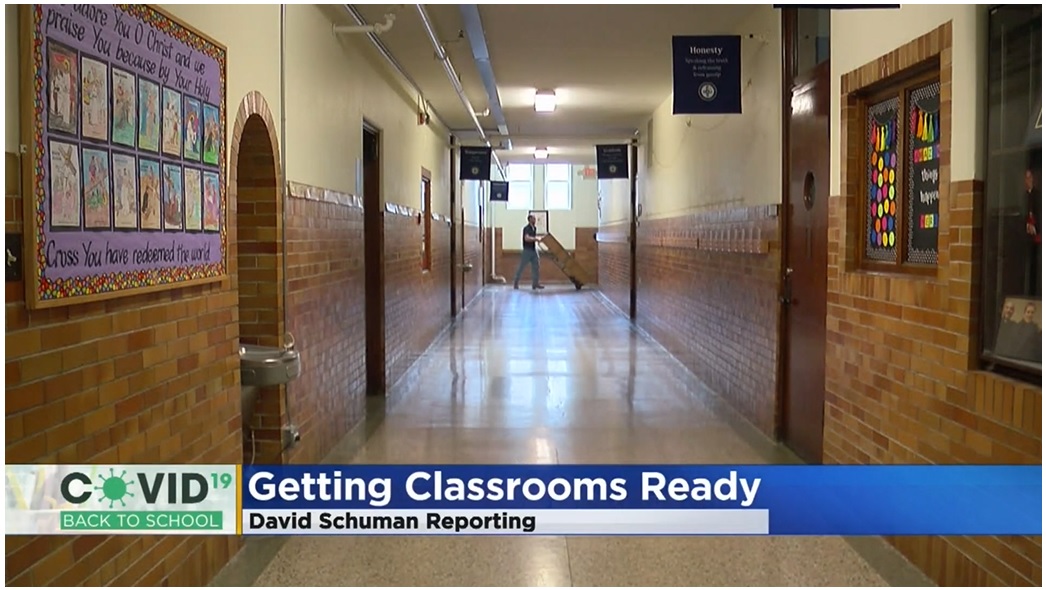As a student, I was a whiz at memorization, so much so, that I remember basically memorizing two lead roles for different plays–one at age 13 and one at age 16–after only one serious and focused read-through of the scripts. As an adult, I see myself mirroring my mother’s shock at such a feat, but at the time, such ease in memorization was simply second nature.
But while memorization was a hugely beneficial learning device for me as a student, it often seems like a sidelined and disgraced learning technique in the contemporary education system. Derisively labeled “drill and kill,” learning that uses and encourages memorization doesn’t help the child to think creatively or fully express his feelings, supposed experts have said in recent years.
A new study calls such memorization bashing into question, though. The study from the Journal of Applied Cognitive Psychology found that grade school students who learned multiplication tables through flashcard techniques, were able to retain the math facts better than students who learned them by chanting them out loud. “Researchers concluded that using flashcards to memorize multiplication tables was beneficial for both short-term and long-term memorization,” The Epoch Times wrote, reporting on the study. “This is because flashcards are a part of what researchers call a ‘retrieval practice,’ which occurs when one attempts to retrieve and bring a memory to mind, and is a part of creating a long-term memory.”
If memorization is such a helpful learning technique, then why have many schools sidelined it in recent years?
Perhaps it is because memorization reinforces the importance of facts, and in our world of moral relativism, facts must be avoided at all costs.
Michael Knox Beran wrote about this decades-long progressive trend nearly 20 years ago in City Journal, noting its “unfortunate effect in U.S. classrooms.” Memorization was “an oppressive act,” these progressives said, and the content memorized–such as poetry or other cultural elements of Western civilization–was “sterile and unfruitful, and promoted a culture of servility harmful to the free creative play of the mind.”
To replace such harmful practices, education experts introduced “constructivism,” Beran wrote.
Constructivism is a new name for the old progressive desire to turn kids into little anarchs who–if the progressives’ daydreams come true–will grow up to overthrow the oppressive civilization into which they had the misfortune to be born. An education Ph.D. enamored of the constructivist theory argues that because constructivism ‘de-emphasizes the rote-memorization’ of material, it promotes ‘teaching practices that are rich in conversation. Through these conversations, the teacher comes to understand what the learner wants to learn.’ Kids, in other words, should be free to do as they please; the teacher, in the role of ‘guide on the side’ rather than ‘sage on the stage,’ should cater to their whims; anything else is galley slavery.
Unfortunately, such a philosophy is “only superficially a philosophy of liberty,” Beran wrote. “The progressive exercises in ‘guided fantasy’ and sensitivity training’ that have replaced memorization and recitation do little to free kids’ selves.”
By contrast, he calls the older education techniques, such as memorization, “genuinely liberating.”
They build up in the child a more powerful mental instrument, one that will allow him, in later life, to make good use of his freedom. They cultivate those critical powers that enable an educated adult to question authority intelligently. The older techniques also unlock doors in the interior world of the soul.
Put differently, memorization aids the education of the whole child–his body, soul, and spirit–enabling him to correctly discern and navigate a world fraught with lies and false opinions because he has building blocks of truth embedded in his mind.
So why not use memorization as a little test? If your child’s school belittles this learning technique, implying that memorization hinders a child’s development, perhaps it’s time to find a new school–one that values the facts and truth that memorization helps establish.
—
Image Credit: Picryl













